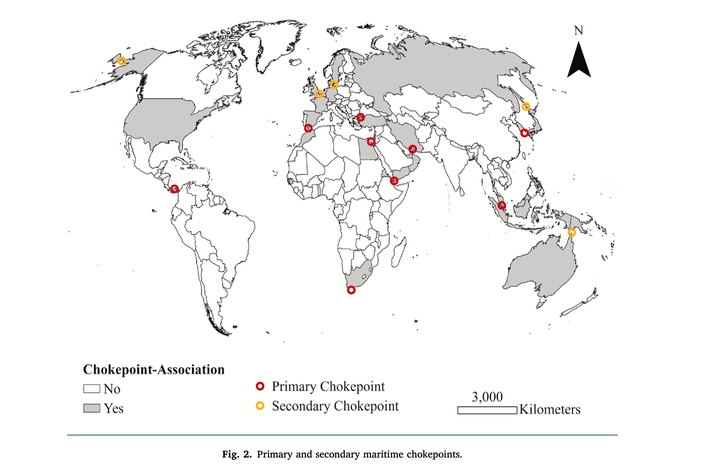
Abstract
Chinese investment in port infrastructure has expanded significantly worldwide, raising concerns about its broader geopolitical and economic implications. This exploratory study, the first of its kind to build a global database of Chinese-affiliated ports, examines these investments through the lens of security and economic instability. Using a case-control design and data from 133 countries, we analyze why certain countries have been selected for Chinese port investments while others have not. Our findings suggest that investment decisions are shaped by a combination of strategic, economic, and political factors, with ports in piracy prone regions and economically vulnerable countries more likely to receive investment. By modeling the sub-themes of security and economic instability, this study provides a nuanced understanding of China’s port investments and their implications for global maritime policy. Specifically, we recommend that host countries adopt stronger regulatory frameworks and diversify their foreign investments to mitigate security risks and economic dependencies linked to Chinese-affiliated ports.